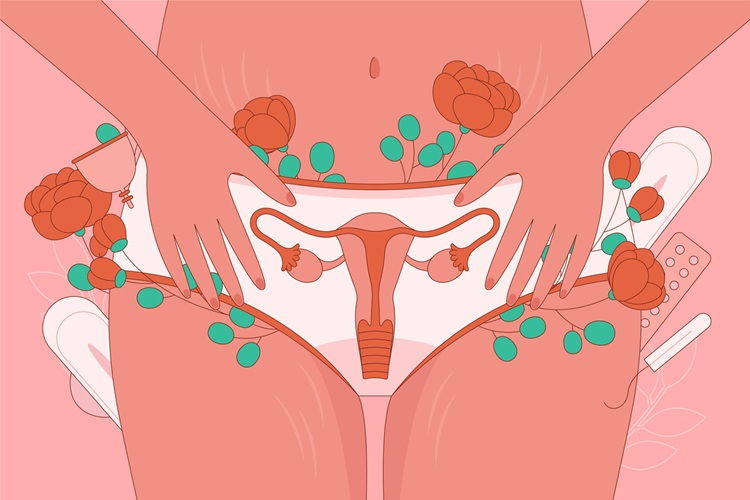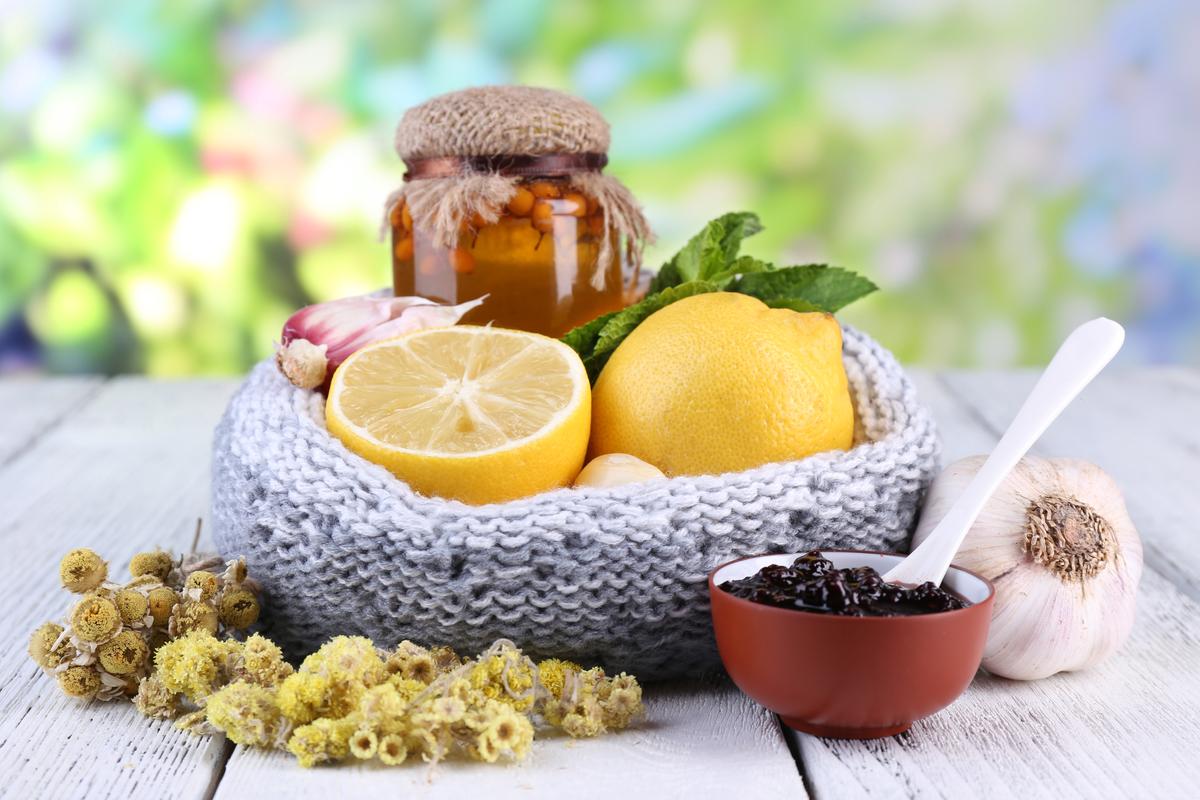How to Reduce the Risk of having Sexually Transmitted Infections
A sexually transmitted infection (STIs) can severely impact not just your sexual and physical health, but also your mental health. There are many different STIs, and the most common being HIV / AIDS, Gonorrhea and Chlamydia. Mostly, they are transmitted through any sexual contact with someone who has it.
Many times, a carrier (someone with an STI) may not beware they are carrying it and can still perform sexual activities without any knowledge of their situation. At the moment, there is no cure for viral STIs once you have contracted one, however, you can use various medications to manage your symptoms over time. This article will explore how to reduce the chance of contracting or transmitting an STI by improving your emotional and physical health and well-being.
There are several ways to lead a healthy lifestyle, both psychologically and physically, which together can lower your chances of contracting an STI. This begins with improving your mental and physical health, by making more healthy and beneficial decisions in your sex life.
Ways to Reduce your Risk of having Sexually Transmitted Infections (STIs)
With a healthy mindset, you’re more likely to make healthier decisions, which could keep you safe. For example, when you choose to have protected, rather than unprotected sex, the chances of staying safe is higher as you will have less chance of contracting and developing any sexually transmitted infection. A significant decision such as choosing to have protected sex is a great way of caring for your body and mind.
Improve your mental health
To improve your mental health, which will ultimately benefit your sexual health in regards to reducing the chances of contracting STIs. When you are stressed, you must manage your stress level by talking about your feelings instead of holding them in. Doing that may prevent you from making impulsive decisions (sex-wise), which will help improve your mental and sexual health. To release these emotions is by talking about whatever is on your mind with someone, or people, that you trust with personal information. This method has been proven to be a great way to replenish your mind and this would effectively improve your sexual health.
Improving your Diet
You can improve your diet by eating healthy foods. A healthy diet is crucial to your sexual health and general well being because it provides essential nutrients for your body to be energized to protect itself and to operate optimally. Including beneficial foods such as ginger, honey, garlic and aloe vera are a natural way to fight the symptoms of an STI and reduce your chance of getting one by improving your immunity. This is possible because these foods have anti-inflammatory and antimicrobial properties. Adding them to your diet will significantly impact the likelihood of contracting an STI, and will lessen the severity of any symptoms if you do have an STI.
Also, drinking apple cider vinegar is supported in treating genital warts, a type of sexually transmitted infection, as it uses acidic pH to kill the virus. Please know that this only may work for low-risk strains of this infection, but not high-risk.
Maintain a Monogamous Relationship
The benefits of sticking to one and a trusted partner in a sexual relationship cannot be overemphasized. Having a well communicated and honest relationship with the person you may have intercourse with would help protect you against STIs. Make sure you communicate with your partner(s) and recommend both of you get screened for the various common STIs. This would prevent the spread of disease and will improve your relationship in terms of honesty and transparency. It is significant to communicate with any partner about your concerns, especially when it’s something intimate like this. The best way to protect you, your partner and many others are to ensure you’re able to have safe sex, free from diseases.
Conclusion
If you are concerned you may have an STI, visit your local doctor or health service and they will be able to provide you with the best treatment available. While many STIs can be deadly, the majority of them are not. Symptoms can be managed effectively, yet your sex life may be widely impacted. Having an STI can also detrimentally affect your emotional well-being. If you are feeling distressed, overwhelmed or depressed, please know you can reach out to your local mental health service or someone who can help, for example, close friends you trust, charities or emotional well-being services.
Written by: Kieran Wilson







Comments (0)